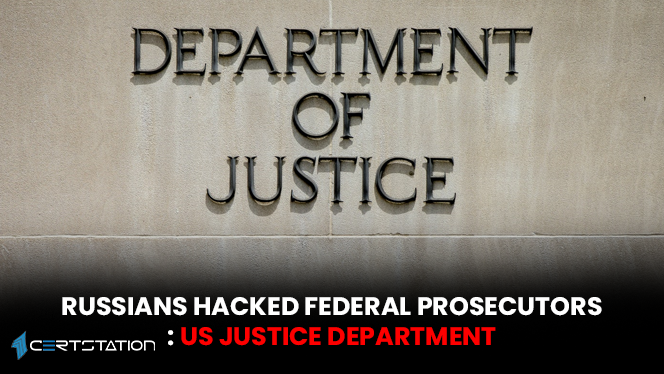
According to the Justice Department, the Russian hackers behind the colossal SolarWinds cyberespionage drive infiltrated the email accounts of some of the key federal prosecutors’ offices across the country last year.
The department said that hackers broke into 80% of Microsoft email accounts used by employees in the four U.S. attorney offices in New York. The Justice Department said that during that hacking spree, 27 U.S. attorney offices had at least one employee’s email account compromised.
It also said that it believes the accounts were breached from May 7 to Dec. 27, 2020. The time frame is important because the SolarWinds drive, which intruded lots of private-sector businesses and think tanks as well as at least nine U.S. government agencies, was first exposed and publicized in mid-December.
In April, The White House announced sanctions, including the expulsion of Russian envoys, in reply to the SolarWinds hack and Russian meddling in the 2020 U.S. presidential election. Russia has denied wrongdoing.
A lecturer at Columbia Law School Jennifer Rodgers said office emails often contained all kinds of crucial information, including case strategy discussions and names of personal moles, when she was a federal prosecutor in New York.
The Administrative Office of U.S. Courts established in January that it was also violated, giving the SolarWinds hackers another opportunity to steal private information like trade secrets, spying targets, whistleblower reports and arrest warrants.
The list of compromised offices includes numerous large and prominent ones like those in Los Angeles, Miami, Washington and the Eastern District of Virginia.
Bruce Green, a professor at Fordham Law School and a former prosecutor in the Southern District, said: “New York is the financial center of the world and those districts are particularly well known for investigating and prosecuting white-collar crimes and other cases, including investigating people close to the former president.”
The department said all victims had been informed and it is working to alleviate “operational, security and privacy risks” caused by the hack.

